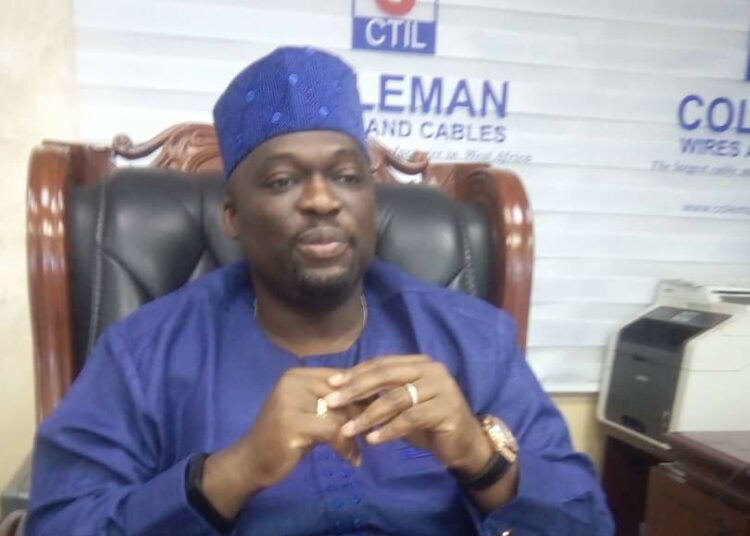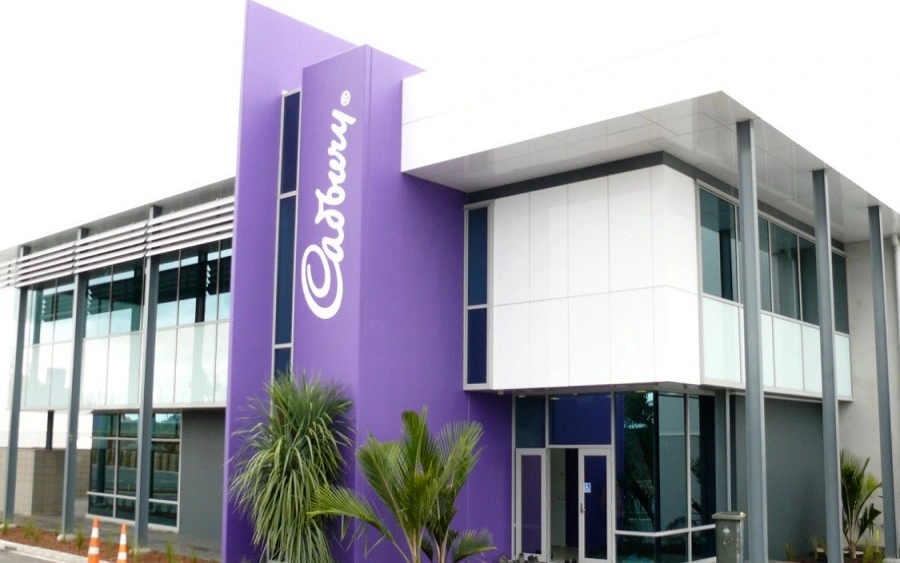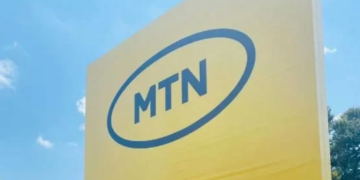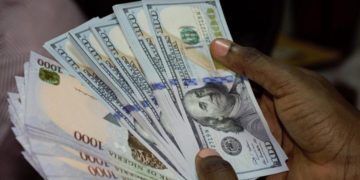The managing director of Coleman Wires and Cables, George Onafowokan, has expressed optimism that President Bola Tinubu’s economic reforms,, at the federal level, has reset Nigeria’s economy and pave the way for industrial growth.
Despite acknowledging the short-term challenges and pains associated with the reforms, Coleman MD’s assessment aligns with Tinubu’s assertion that the worst is behind the country.
The reforms, which include the removal of fuel subsidies and unification of exchange rates, aim to liberalize the economy, reduce government interference, and encourage private-sector growth.
In an interview marking Nigeria’s 26 years of uninterrupted democracy, Onafowokan described the macroeconomic environment since 2023 as turbulent but necessary, citing the removal of fuel subsidies, exchange rate unification, and interest rate hikes as a bitter pill that helped reset a collapsing economy.
“For businesses, it has been one of the toughest periods. But looking at the fundamentals now, more stable naira, increased foreign portfolio inflows, and easing inflation, it is clear we have clawed back from the brink,” he said.
Onafowokan noted that for manufacturers, predictability is key, and the current monetary framework has brought a semblance of stability. “A year ago, commercial paper rates were as high as 31 per cent. Today, we are seeing a downward trend in both interest rates and inflation. That alone gives room for optimism,” he added.
However, the Coleman boss emphasised the need for the government to transition from macroeconomic stabilisation to aggressive growth stimulation. He urged the swift implementation of pending fiscal policy documents and the injection of industrial intervention funds into the real economy.
“Stability is the first step. Now we must scale up. The next phase is growth. That means activating the N1 trillion manufacturing fund and signing fiscal policy documents that have been pending since January,” he said.
Onafowokan warned against a return to short-term political thinking and stressed the importance of long-term economic planning, saying “we need leaders who will think beyond re-election cycles. What has been done in the past two years, no administration before dared to do. It is a hard reset, and it is working.”
He projected that if the current path is maintained, Nigeria could witness naira appreciation and improved consumer purchasing power by 2026–2027.
This, he said, would lead to cheaper petrol, diesel, and imported goods while reinforcing the drive for industrialization and local content.
“We are seeing hope again. For Coleman, it means expansion, more factories, and more jobs. The confidence to borrow and grow only comes from credible policies. No big business is built with equity alone. Debt capital must be made available at the right pricing,” Onafowokan stated.
Looking forward, he expressed optimism that with continuity in reforms, Nigeria could unlock explosive growth across non-oil sectors and provide jobs that will help reduce insecurity. Give us 10 to 20 years of disciplined economic policy, and Nigeria will be unrecognizable in a good way, he assured.
We’ve got the edge. Get real-time reports, breaking scoops, and exclusive angles delivered straight to your phone. Don’t settle for stale news. Join LEADERSHIP NEWS on WhatsApp for 24/7 updates →
Join Our WhatsApp Channel










